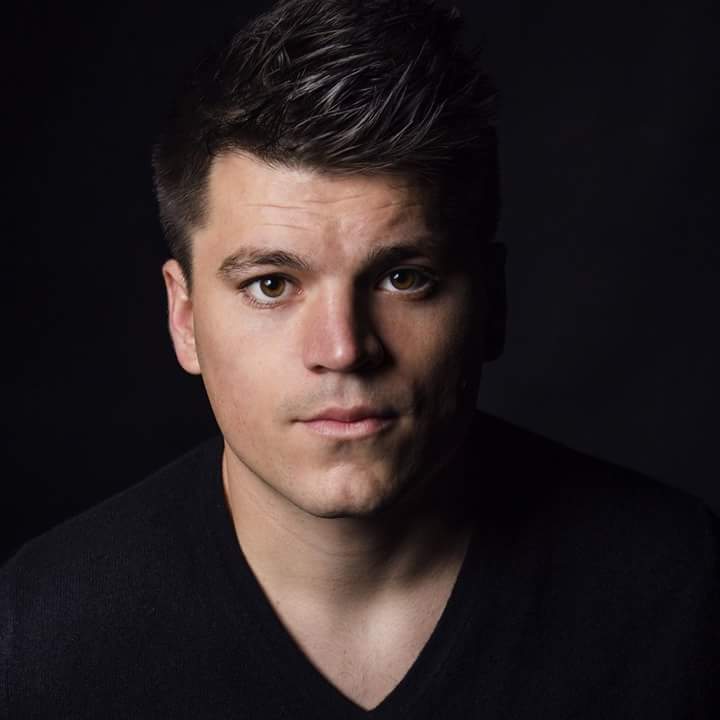Chris Wicke: “Duanju forces us to rethink our entire way of storytelling” [Video]
- Sanjorge Guillaume

- May 6
- 2 min read
Updated: 6 days ago
In an interview with WenWen Han on the YouTube channel Short Drama Decode , American producer Chris Wicke looks back on his career and his immersion in the world of duanju, these short vertical fictions born in China.
Long confined to Asia, the format is now attracting professionals from around the world. In Los Angeles, Chris Wicke, a former reality TV specialist, is one of the first Americans to embark on the adventure. With his company Ember Entertainment , he develops his own vertical series while co-producing fiction for Flex TV , Dreamy Short and Salty TV .
His first project, Mr. Williams, Madame is Dying , shot on a shoestring budget, became a phenomenon: it generated more than $10 million, won an international award, and was a revelation for his entire team. " We discovered a very codified, very melodramatic genre. We decided to fully embrace that tone. And in the end, it worked."
Since then, Chris Wicke has been interested in the deeper mechanisms of the format. "It's not at all a shortened version of a film or a series. You have to rethink everything: the rhythm, the emotions, the narrative structure. Traditional scripts don't work. I showed 25 American scripts to Flex, none of them were suitable."
The question of cultural adaptation is at the heart of his work. While some plots from the Chinese web find their audience in the United States, others are met with incomprehension. " The vengeful mother character in Evil Bride vs. CEO's Secret Mom was too much for me. But at the same time, I wanted to see how it would end," he confides, amused.
With Ember, Chris Wicke now wants to go further. He's preparing the launch of a 100% American app, focused on romance, the genre that works best, but with the ambition to explore other territories: horror, science fiction, comedy. "The vertical is the new Wild West. Everything remains to be invented."
But the stakes are also industrial. For Wicke, failures like Quibi's are due to a misdiagnosis: "They wanted to impose Hollywood grammar on a format that came from elsewhere, with totally different usage logic. They invested millions in stars. It didn't work. Here, everything is based on immediate emotion."
We wish Chris Wicke the best of luck in his ambition to expand the boundaries of duanju and contribute to its development on an international scale.
If needed, activate subtitles in your language.
![Bogdan Nesvit: "Our goal is to turn every successful book into a vertical series" [Video]](https://static.wixstatic.com/media/76a136_c331d45af1cf4ae88d33f13fdb7fc4ae~mv2.jpg/v1/fill/w_980,h_551,al_c,q_85,usm_0.66_1.00_0.01,enc_avif,quality_auto/76a136_c331d45af1cf4ae88d33f13fdb7fc4ae~mv2.jpg)
![Michel La Rosa, from television to Duanju format: the return of “King Gandolfi” [Video]](https://static.wixstatic.com/media/76a136_7988f9909e464f76823705ea816b92d3~mv2.png/v1/fill/w_980,h_551,al_c,q_90,usm_0.66_1.00_0.01,enc_avif,quality_auto/76a136_7988f9909e464f76823705ea816b92d3~mv2.png)
